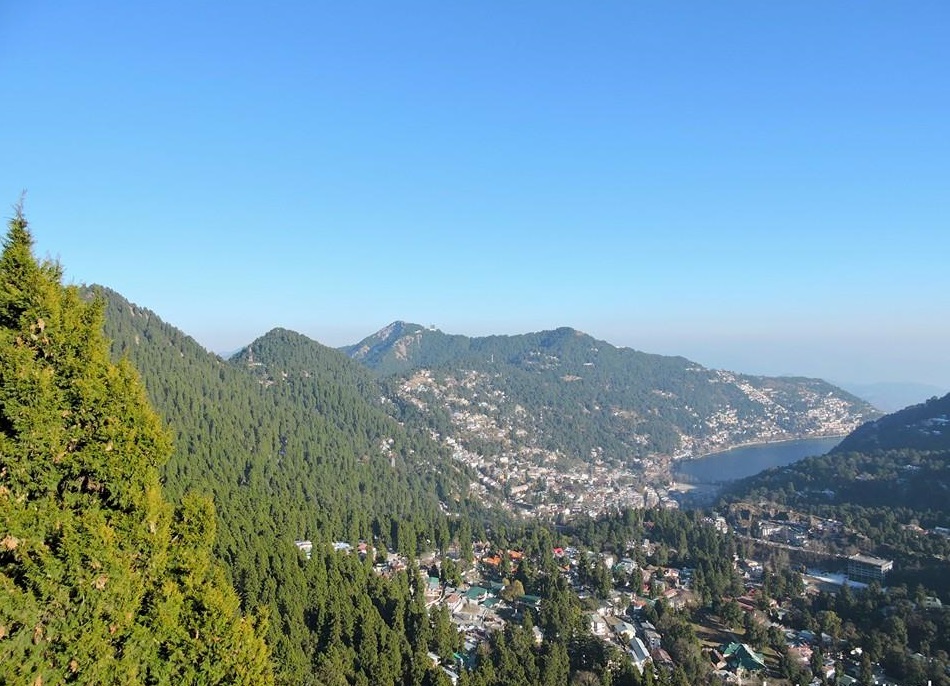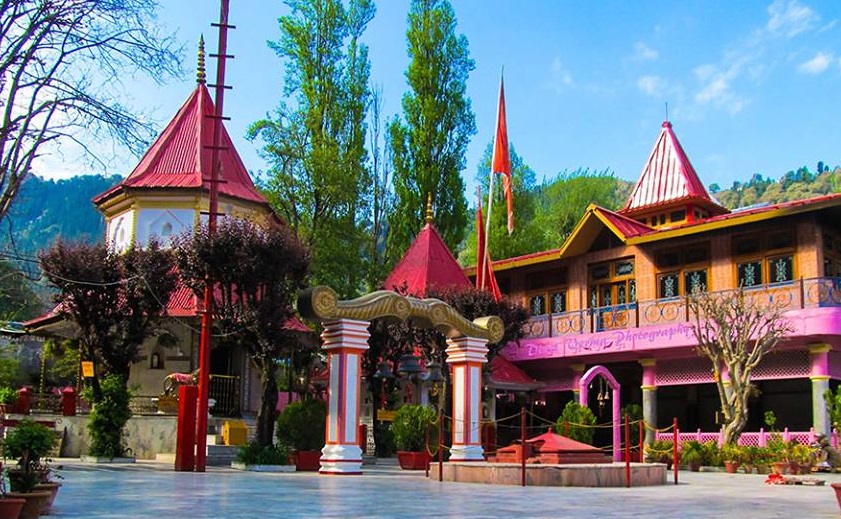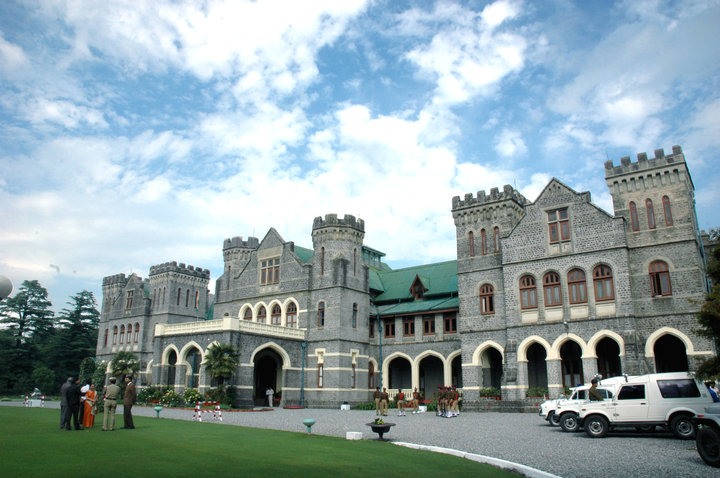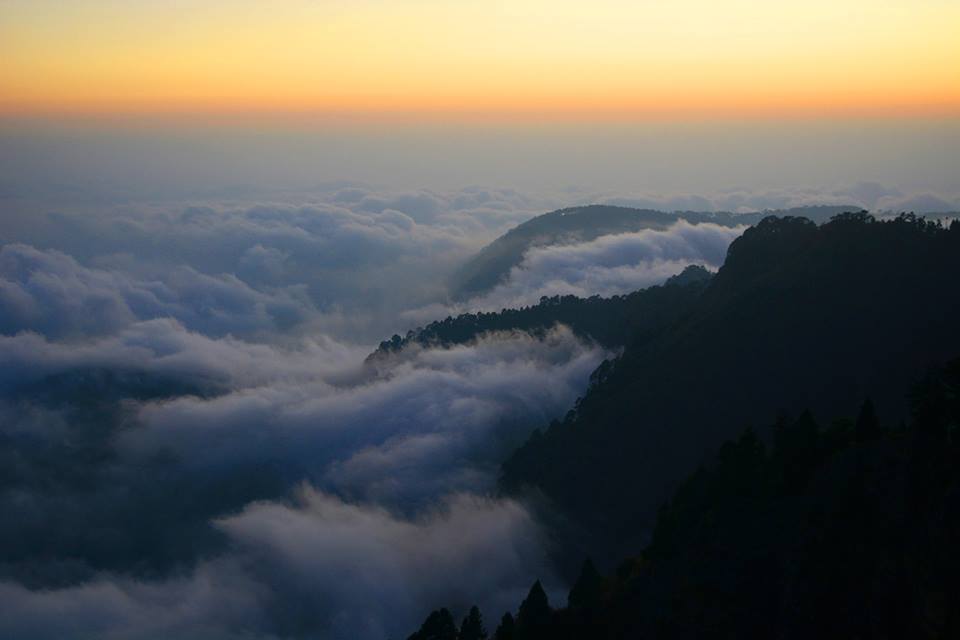Who does not know about Nainital- the Lake City nestled among the Himalayas? Every year lakhs of tourists are attracted to this beautiful town. Many of you already know about the major tourist attractions of Nainital, but there are many such facts which might be unknown about this town with a population of a mere 35,000. This post will try to furnish such little-known facts.
1. Reason behind the name
According to Hindu scriptures, Sati, the daughter of the King Daksha, was married to Mahadeva or Shiva. Daksha did not approve of Shiva as a son-in-law, so when he arranged for a huge ‘yagna’ or fire sacrifice, he invited all the Gods except Lord Shiva and Sati. Sati disobeyed Shiva’s command and went to her father’s house, where Daksha insulted Shiva. Sati could not bear it, so she jumped into the ceremonial fire to make the ‘yagna’ unsuccessful. Shiva flew into a rage on hearing of Sati’s sacrifice- so he reached the ‘yagna’ with his ‘Ganas’ and destroyed Daksha’s ‘yagna’, picked up Sati’s burnt body and started roaming around the world. Wherever any part of Sati’s body fell to the earth, ‘Shaktipeeths’ were put up. Sati’s left eye had fallen in the place where Nainital is now situated. It is believed that the Naini Lake was formed out of Sati’s tears.
2. Upper Mall and Lower Mall
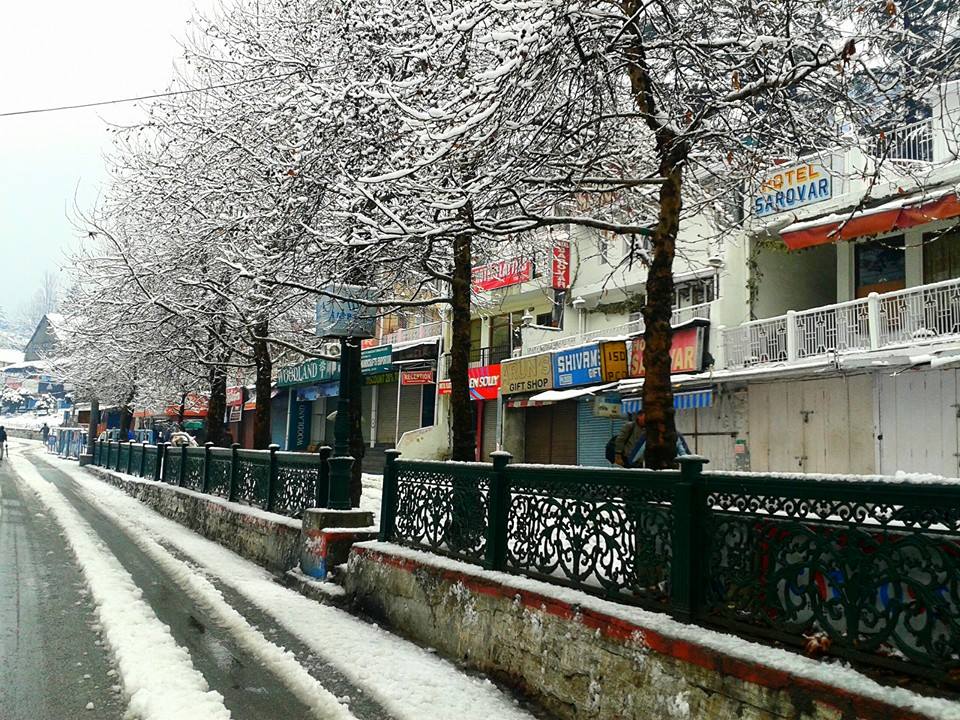 There is a Mall Road in every hill station. Nainital has two Mall Roads- Upper Mall and Lower Mall Road, constructed during British times. Upper Mall road was for the use of the British while the Lower Mall Road was permitted to be used by ordinary Indians. If an Indian went to the Upper Mall Road, he was punished.
There is a Mall Road in every hill station. Nainital has two Mall Roads- Upper Mall and Lower Mall Road, constructed during British times. Upper Mall road was for the use of the British while the Lower Mall Road was permitted to be used by ordinary Indians. If an Indian went to the Upper Mall Road, he was punished.
3. Tallital and Mallital
 Outsiders are often surprised to hear about Tallital and Mallital. In the local Kumaoni language, Talli means Lower and Malli means upper, so the area below the Lake is referred to as Tallital and the area above it is called Mallital.
Outsiders are often surprised to hear about Tallital and Mallital. In the local Kumaoni language, Talli means Lower and Malli means upper, so the area below the Lake is referred to as Tallital and the area above it is called Mallital.
4. Flats Ground
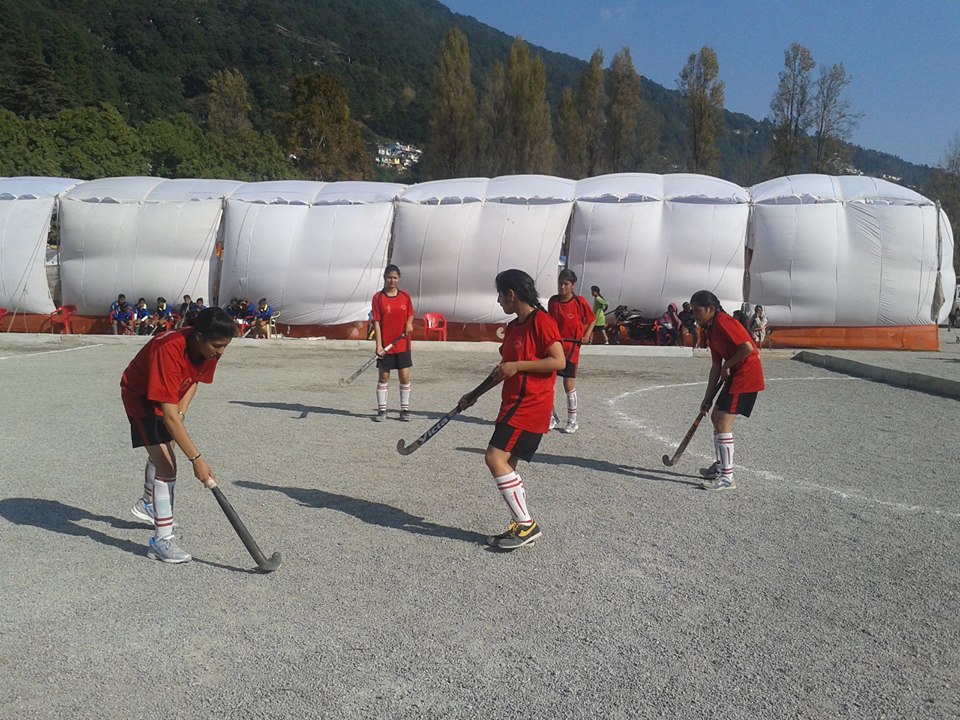 In the area where there is flat ground there used to be a lake. After the earthquake in 1880, there was a major landslide, in which large chunks of the mountain surrounded the lake and the holy temple was also affected. From ancient times, the Naina Devi temple has been situated on the banks of the lake, so the temple was shifted a few meters away on the banks and the displaced debris from the mountain was fashioned into the flat ground.
In the area where there is flat ground there used to be a lake. After the earthquake in 1880, there was a major landslide, in which large chunks of the mountain surrounded the lake and the holy temple was also affected. From ancient times, the Naina Devi temple has been situated on the banks of the lake, so the temple was shifted a few meters away on the banks and the displaced debris from the mountain was fashioned into the flat ground.
5. Summer Capital of the United Province
Few people know that during the British Raj, Nainital was the summer capital of the United Province. The Raj Bhawan of Uttarakhand, which is situated in Nainital, was built for the governor of the United Province. The British usually escaped to Nainital to escape the extreme heat of Lucknow.
6. Founder of the Modern City
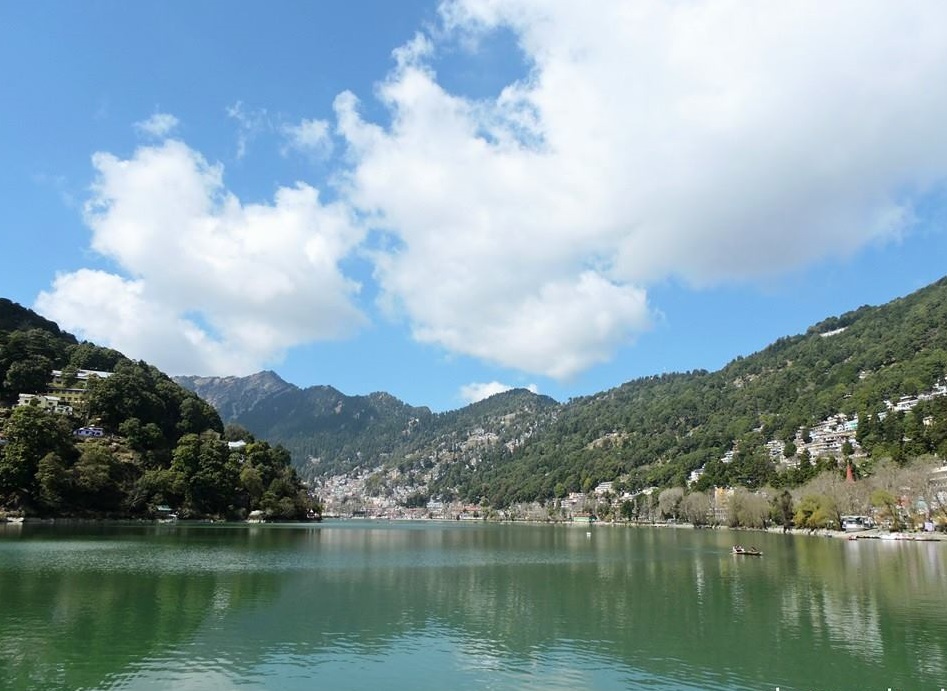 The founder of the modern town of Nainital was an English trader called P. Baron. He dealt in sugar and loved to wander around in the beautiful hills and valleys. Once, on his travels, he stopped to rest in a place called Khairna, where he met a local boy, who informed him of a beautiful lake on the other side of the hill. The locals helped Baron to reach the Naini Lake and he was mesmerized by its beauty and decided to establish a town there.
The founder of the modern town of Nainital was an English trader called P. Baron. He dealt in sugar and loved to wander around in the beautiful hills and valleys. Once, on his travels, he stopped to rest in a place called Khairna, where he met a local boy, who informed him of a beautiful lake on the other side of the hill. The locals helped Baron to reach the Naini Lake and he was mesmerized by its beauty and decided to establish a town there.
7. Lake District of India
 Nainital is called the Lake District of India, just like Cumbrian in Britain. There are many freshwater lakes here like- Bhimtal, Sattal, Khuraptal and Naukuchiya Tal. The British were drawn to Nainital because its climate and location was similar to Cumbrian.
Nainital is called the Lake District of India, just like Cumbrian in Britain. There are many freshwater lakes here like- Bhimtal, Sattal, Khuraptal and Naukuchiya Tal. The British were drawn to Nainital because its climate and location was similar to Cumbrian.
8. Private Rain
Its sounds funny but its true. Due to the lake on its northern end, it rains almost every afternoon in Nainital
9. Religious Harmony
 Nainital as well as Uttarakhand is an example of religious harmony. It is an example of the ancient Indian traditions. It has never been subjected to Mughal domination, so religious tolerance is a way of life there. The locals welcome the people of all religions and communities. It is a town where a temple, a mosque, a gurudwara and a church are situated within a radius of 1 kilometer. Each religious festival is celebrated according to its traditions, but no untoward incident has been reported.
Nainital as well as Uttarakhand is an example of religious harmony. It is an example of the ancient Indian traditions. It has never been subjected to Mughal domination, so religious tolerance is a way of life there. The locals welcome the people of all religions and communities. It is a town where a temple, a mosque, a gurudwara and a church are situated within a radius of 1 kilometer. Each religious festival is celebrated according to its traditions, but no untoward incident has been reported.
10. An Unfulfilled Dream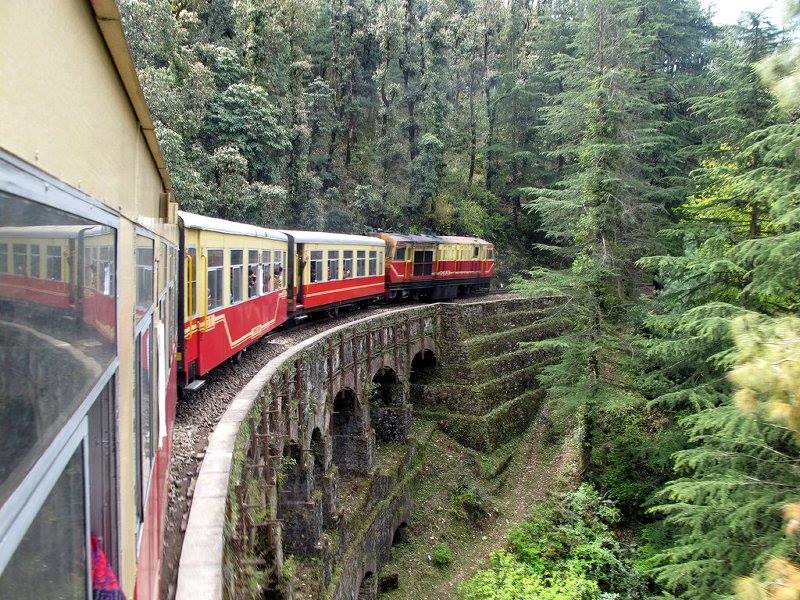 The British wanted to join Nainital by rail. Surveys revealed that Nainital was prone to landslides, so special technology was to be used. However, before this scheme could be finalized India gained freedom and the dream to join Nainital with Kathgodam by rail never came true.
The British wanted to join Nainital by rail. Surveys revealed that Nainital was prone to landslides, so special technology was to be used. However, before this scheme could be finalized India gained freedom and the dream to join Nainital with Kathgodam by rail never came true.

